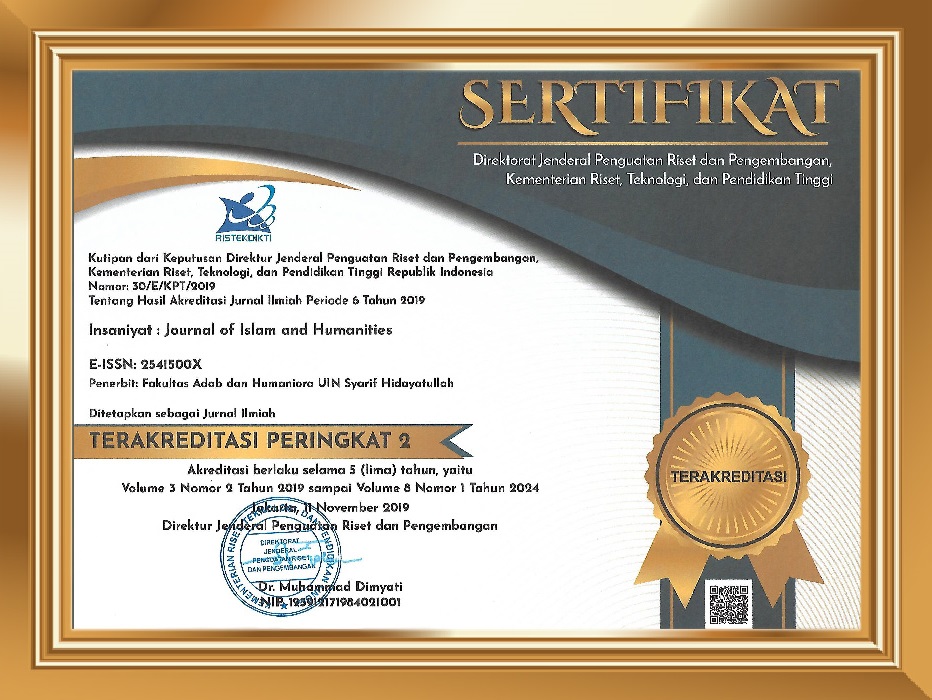Judeo-Arabic: Cultural Symbiosis of the Jews in the Islamicate Context
Abstract
The present article studies the Jewish-Muslim intimacy through the Jewish language as a cultural space in the period of the medieval Islam. The Judeo-Arabic, as the technical terms of the Jewish language in this period and in the subsequent eras, was one of the many venues through which people negotiated the Jewish identity in the non-Jewish environments. This negotiation was the outcome of intensive meeting between the Arabs’ culture and the Jewish-specific heritages since pre-Islamic era to the period of the medieval Islam in dialectical and contested way. The Arabic language in the Hebrew script was an example of this process. In this article, the author traces back the earlier encounter between the Jews and the Arabs in the proto-Judeo-Arabic, al-yahūdīyyah, which includs the Muslim narrative of both the Prophet Muḥammad and the Jews. Next, this paper studies a later period of the Judeo-Arabic development as a Jewish specific language. The author argues that the Judeo-Arabic demonstrates a cultural symbiosis and a frontier of interaction between the Jews and the Muslims marked by the way Muslims and Jews accommodated and contested to each other.
Keywords
DOI: 10.15408/insaniyat.v1i1.4401
Refbacks
- There are currently no refbacks.






